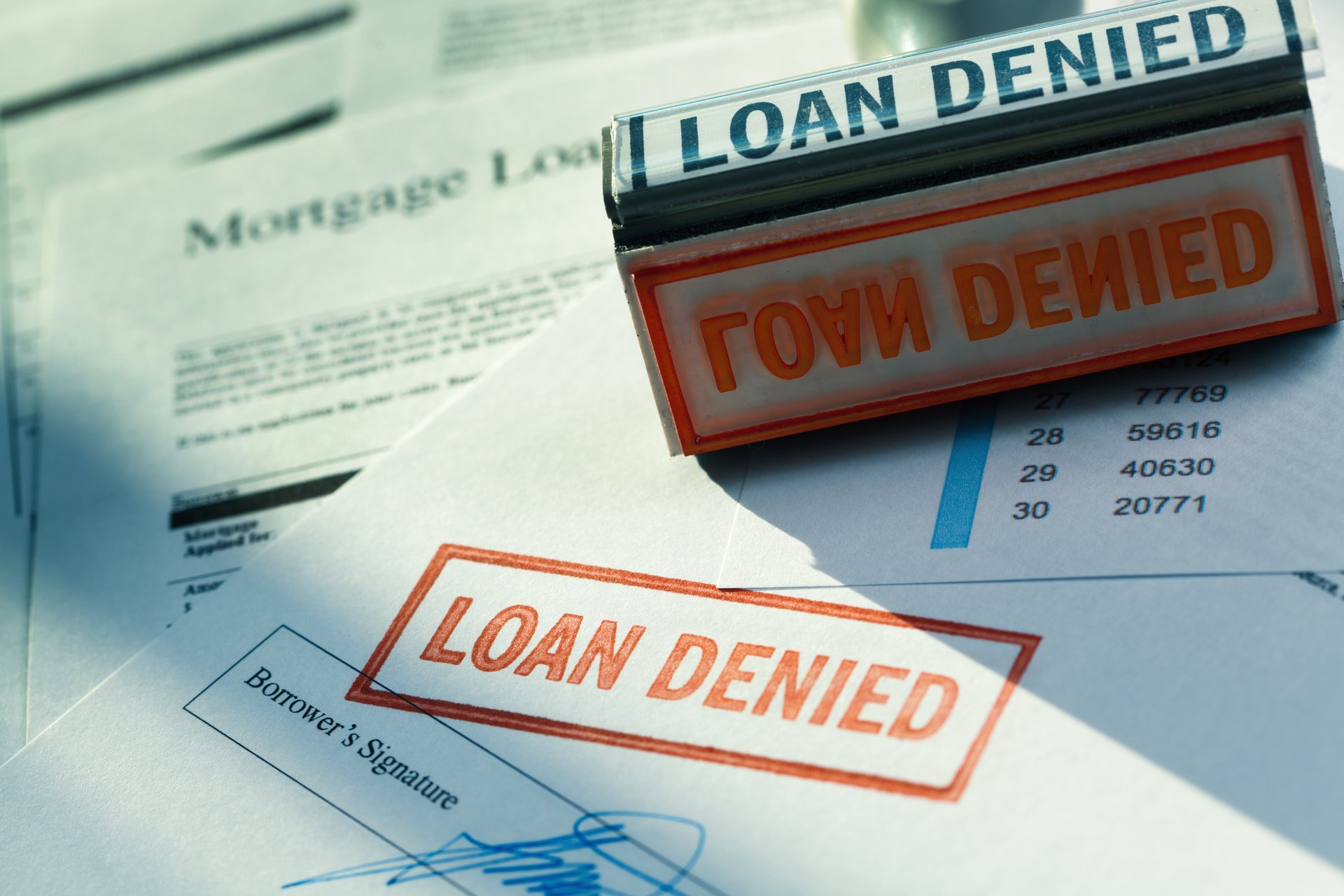The 8 biggest myths about refinancing your mortgage
Interest rates should be just one factor when deciding whether to swap out a mortgage

Refinancing a mortgage — replacing an existing mortgage with a new one — allows homeowners to take advantage of lower rates or adjust the length of their loan term, among other potential benefits.
But stubbornly high mortgage rates has placed demand for refinancing on a downward trend in recent weeks, though still higher than the same period a year ago.
While the pros of refinancing vary on a case-by-case basis, and might not make sense for everyone, there are some common misconceptions about everything from costs to requirements that can misleadingly steer homeowners towards, or away, from a refinancing.
These are eight of the most common myths about mortgage refinancing — and the truths behind them.
2 / 9
It’s free

While you can certainly save money by refinancing your mortgage at a more favorable rate or loan term (in fact, that’s one of the main reasons people do it), refis do come with closing costs like any other mortgage. These fees can come out to as much as 2-5% percent of the new loan principal, according to Bankrate.
3 / 9
You can only do it once

There’s no legal limit to how many times you can refinance your mortgage, though there are a few requirements related to personal finances that you have to meet before being able to apply.
4 / 9
Not enough time has passed

You could refinance as soon as six months after your previous mortgage refinance, according to American Financing. It’s definitely an option if you have any regrets from a previous refinancing.
“In reality, you can refinance your mortgage as many times as you want, but many lenders look for a ‘seasoning’ period, or an amount of time in between refinances before they’re comfortable approving another,” Leslie Tayne, founder and head attorney at Tayne Law Group in New York’s Westchester County, told Bankrate.
That being said, it doesn’t necessarily mean you should, due to a number of factors, including costs and penalties.
5 / 9
There’s no need for another credit check

Credit score and debt-to-income ratio are two important factors that could determine whether you get approved to refinance or not. Income verification and appraisals also tend to be required before refinancing.
6 / 9
If you were denied before, you won’t be approved

If your credit score wasn’t high enough or you didn’t meet equity requirements, it’s possible that lenders might have denied your refinancing request. But that doesn’t mean the door is shut forever.
You can try again, according to Mountain America Credit Union. Building up credit and equity are great ways to boost your chances at getting approved.
7 / 9
You have to reset your loan term

You don’t always have to start a loan term from zero. Although not all lenders offer the option, more and more are writing custom loans with less traditional terms, according to American Financing.
8 / 9
It will affect your ability to sell the house

When refinancing a mortgage, you’re not adding a new lien (the legal claim to your property that serves as collateral for your mortgage). You are just swapping out the primary lien for a new one, according to Bankrate. As a result, refinancing doesn’t have any effect on your title or ability to sell the home.
9 / 9
You need 20% in home equity

You may have heard that you need 20% equity to refinance your mortgage. In fact, that’s just a recommendation.
To be sure, loans that allow less than 20% equity tend to require mortgage insurance. If you find yourself in that situation, Mountain America suggests that you crunch the numbers to make sure that you’re still saving money overall with a refinance..